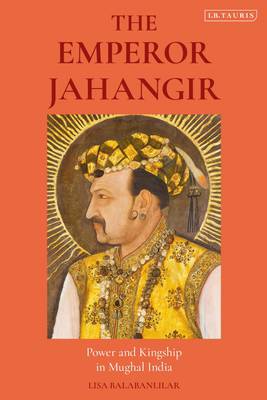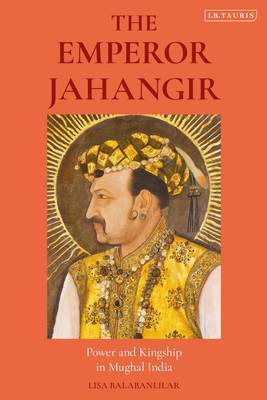
- Afhalen na 1 uur in een winkel met voorraad
- Gratis thuislevering in België vanaf € 30
- Ruim aanbod met 7 miljoen producten
- Afhalen na 1 uur in een winkel met voorraad
- Gratis thuislevering in België vanaf € 30
- Ruim aanbod met 7 miljoen producten
Zoeken
€ 254,45
+ 508 punten
Uitvoering
Omschrijving
Jahangir was the fourth of the six "Great Mughals," the oldest son of Akbar the Great, who extended the Mughal Empire across the Indian Subcontinent, and the father of Shah Jahan, builder of the Taj Mahal. Although an alcoholic and opium addict, his reputation marred by rebellion against his father, once enthroned the Emperor Jahangir proved to be an adept politician. He was also a thoughtful and reflective memoirist and a generous patron of the arts, responsible for an innovative golden age in Mughal painting.
Through a close study of the seventeenth century Mughal court chronicles, The Emperor Jahangir sheds new light on this remarkable historical figure, exploring Jahangir's struggle for power and defense of kingship, his addictions and insecurities, his relationship with his favourite wife, the Empress Nur Jahan, and with his sons, whose own failed rebellions bookended his reign.Specificaties
Betrokkenen
- Auteur(s):
- Uitgeverij:
Inhoud
- Aantal bladzijden:
- 272
- Taal:
- Engels
Eigenschappen
- Productcode (EAN):
- 9781838600426
- Verschijningsdatum:
- 16/04/2020
- Uitvoering:
- Hardcover
- Formaat:
- Genaaid
- Afmetingen:
- 156 mm x 234 mm
- Gewicht:
- 553 g

Alleen bij Standaard Boekhandel
+ 508 punten op je klantenkaart van Standaard Boekhandel
Beoordelingen
We publiceren alleen reviews die voldoen aan de voorwaarden voor reviews. Bekijk onze voorwaarden voor reviews.







